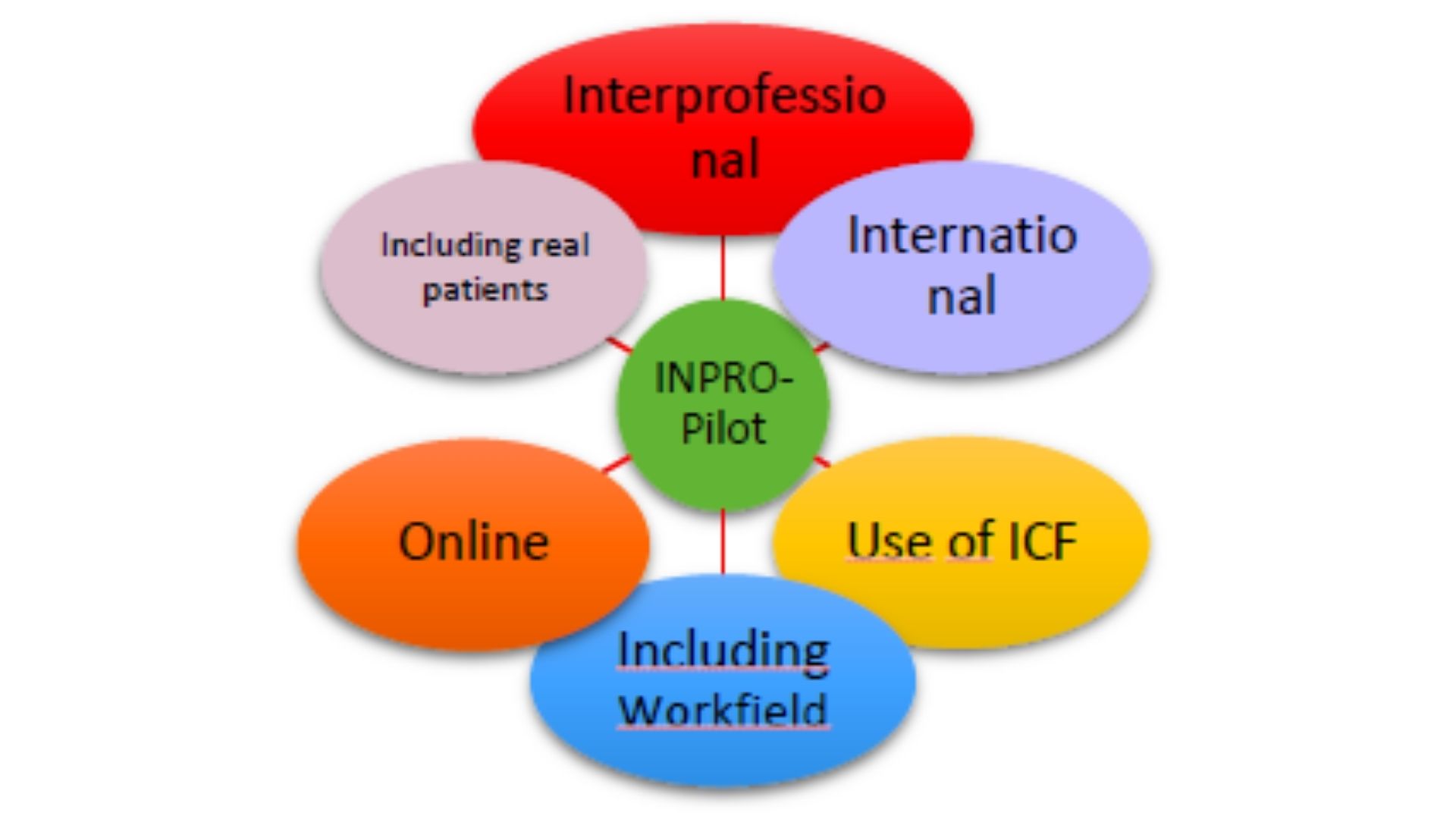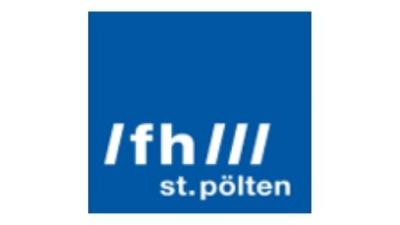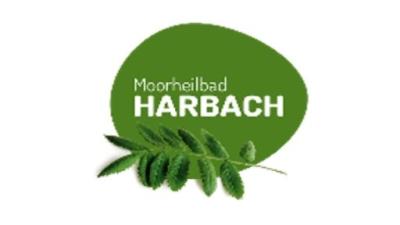Blogi 1 Team Austria: Teaching and Learning Interprofessional
3x3: Teaching and Learning Interprofessional, International and Patient/Practice-Orientated: 3 lessons learned!
INPRO is an international project, co-funded by the European Union, in which higher education institutions and rehabilitation centers work in partnership on aligning interprofessional collaboration. Team Austria consists of UAS St.Pölten training health professionals and rehabilitation centre Moorheilbad Harbach. It is a great honour to be the first ones to blog on the INPRO-website.
The insights from the Austrian perspective:
1 - Interlinking the work of several work packages is an ongoing process that needs a lot of communication. Direct internal communication is not always covered in the calculated project hours but it pays off to spend some time on this!
In a large international project consortium - as INPRO - it is necessary to divide the huge workload into several work packages. This is an advantage because in that way, each partner institution can work on a work package that fits their competences, skills and structures of the institution best.
We have learned that especially short meetings with a very limited agenda are rewarding and efficient! Tasks become clearer and it increases the relationships between the participants as well.
2 - Online communication is a key facilitator for international projects. The COVID-19 pandemic improved skills for actually using these tools!
Online communication has already been very important during the phase of initialising the INPRO project due to its international character. It became easy to work in Teams in direct calls, chats and file sharing.
“For me online communication before the COVID-19 pandemic always was a poor alternative to face-to-face communication, and now I really got used to it and see that it is not an alternative to physical contact yet a very efficient facilitator of working processes.” says Maila Hemetek, Lecturer at St.Pölten UAS and member of the INPRO Project consortium.
3 - Structures: trying to overcome professional, national and institutional boundaries is a challenge!
This is one of the most interesting, and also one of the most challenging experiences we have had so far: structures determine everything we do! National and international structures of higher education, health care systems and the coverage of health services, study programmes for health care professionals, financing within institutions, professional working structures, data protection policies affect and shape the work of INPRO.
These topics and the differences between countries should definitely be considered and taught when working on interprofessional and international education. Realising that things in our own country, institution or profession can be very different in other countries is a very important and reflective learning process for professionals, lecturers and students. This finding should be incorporated in the interprofessional, international teaching intervention. Let’s see if we come up with a good idea during the project.
Interprofessional learning interventions
In the first phase of this work package we have collected examples of interprofessional teaching approaches from Higher Education Institutions in Austria, Belgium, The Netherlands and Finland. We sincerely thank all who participated and spend time on this which gave us so much inspiration for setting up the pilot! In a few months we will share the results of the survey on interprofessional teaching on this website.
In autumn 2021 we will pilot the teaching intervention based on the results from the survey. This will include international, interprofessional and online learning elements as well as participatory approaches that allow us to include the needs of our work field partners and with real patients into the teaching process. This pilot intervention is our training phase before we will teach over 300 students from different health professions and different countries in fall 2022!

Stay tuned and/or register www.inproproject.eu
Author:
Dr. Ursula Hemetek Lecturer and Resaercher at the UAS St.Pölten Study Programme Dietetics E-mail: Ursula.Hemetek@fhstp.ac.at
In cooperation with:
Anita Kidritsch, PT MSc.
Physiotherapist, Lecturer and Researcher at the UAS St.Pölten Study Programme Physiotherapy
Mag. Victoria Magenschab
Manager at Rehabilitation centre Moorheilbad Harbach

